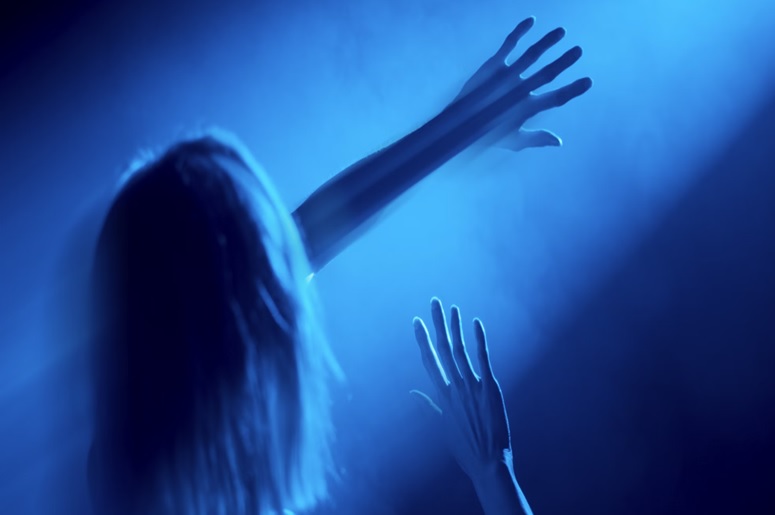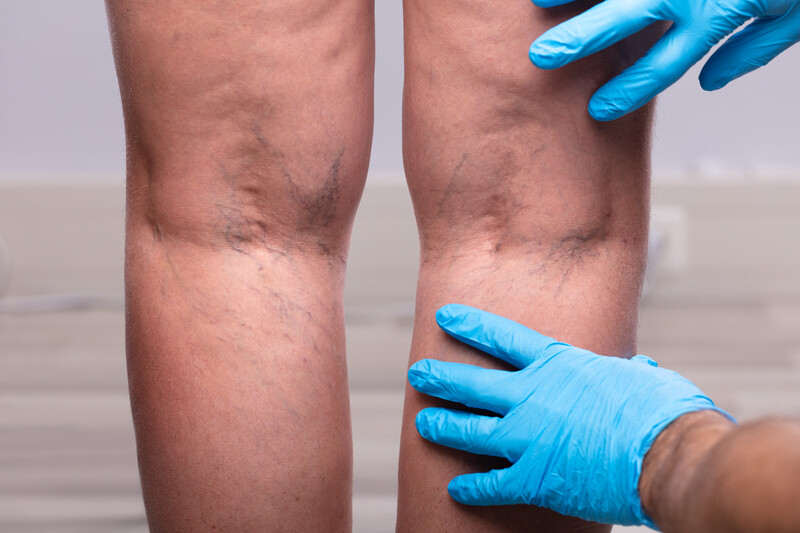Wearing Blue Light Glasses for a Month and Sleep
It’s the sort of thing you put off. You hear people rave about blue light glasses, how they’ve ‘changed their life’ or ‘fixed their sleep’, and you nod along while quietly thinking, maybe next month. I was exactly the same—curious, but sceptical. So, I decided to test it for myself: a full month of wearing blue light glasses daily to see whether they actually make any real difference to sleep.
What Are Blue Light Glasses Supposed to Do?
Let’s start with the basics. Blue light is a type of light emitted from screens—laptops, phones, tablets, even LED lighting. It’s not inherently bad (in fact, we’re exposed to blue light from the sun), but the issue lies in timing. Our circadian rhythm, the internal clock that helps us feel awake in the day and sleepy at night, is sensitive to light. So, when you’re scrolling on your phone at 10pm, your body gets the message that it’s still daytime. Cue trouble falling asleep, staying asleep, or waking up groggy.
Blue light glasses are designed to filter out some of that artificial blue light. The theory goes that by wearing them in the evening—particularly in the few hours before bed—you’ll help your body wind down more naturally.
How I Wore Them
For this little experiment, I picked a pair of blue light filtering prescription glasses and committed to wearing them after sunset each day. That usually meant from about 7:30pm onwards. If I was watching Netflix, scrolling social media, or finishing up work, the glasses went on. I didn’t make any other big changes—no supplements, no new mattress, and I kept my usual bedtime routine exactly the same.
Week One: A Slow Start
If I’m honest, I didn’t feel much in the first few days. The glasses looked nice and didn’t distort the screen too much—some have a noticeable amber tint, but these were subtle. My eyes did feel slightly less dry by the end of each evening, and I wasn’t rubbing them quite as much, but sleep? Still a bit all over the place.
I will say, the act of putting them on at the same time each night created a small psychological cue. It felt like a signal that the workday was over and it was time to wind down. Not a huge change, but something.
Week Two: Falling Asleep Faster
By the second week, something clicked. I noticed I was falling asleep more quickly—about 15 to 20 minutes faster on average. That’s not a huge number, but it felt noticeable. The real difference was how it felt: less tossing and turning, and a more natural slide into sleep. I wasn’t checking the clock and getting frustrated at how long it was taking.
Interestingly, I also started waking up before my alarm some mornings. Not every day, but often enough to make me pay attention. It felt easier to get out of bed, like I’d had deeper rest.
Week Three: Unexpected Benefits
This was the week I really started to notice the difference with screen time. Normally, I get a sort of low-grade eye strain by 9pm—tightness around the temples, maybe a slight headache if I’ve been glued to my laptop for too long. That didn’t happen this week. I even found myself able to read on my tablet longer in bed without that ‘buzzing’ sensation behind my eyes.
The other thing I wasn’t expecting? Better focus. With the glasses on, I felt more aware of how much I was switching between apps or multitasking. I found myself more inclined to finish what I was doing, then close the screen and move on. There’s something about having a physical object like glasses that gently reminds you to be more intentional.
Week Four: The Real Test
The final week included a few late-night deadlines and a particularly stressful workday that had me glued to a screen until almost midnight. This would normally be a recipe for a terrible night’s sleep, but I was surprised by how quickly I still managed to nod off. My sleep tracker showed decent deep sleep scores, even on nights where I hadn’t done any wind-down routine beyond brushing my teeth and tossing on the glasses.
I started noticing that my partner, who wasn’t wearing any glasses, was complaining more about poor sleep. It made me realise how much of a difference the glasses had started to make—especially in contrast to someone going through the same routines without that bit of support.
The Verdict
So, after a month, do I think blue light glasses genuinely help with sleep? Yes—though maybe not in the way you’d expect. They’re not a miracle fix. You won’t go from restless insomniac to sleeping like a baby overnight. But they do create small, meaningful shifts: falling asleep more easily, waking up feeling more refreshed, and reducing screen-related eye fatigue that might otherwise nudge your sleep quality downhill.
They’re particularly worthwhile if you’re the type of person who’s on screens in the evening (and let’s face it—who isn’t?). If you already wear glasses, adding blue light filtering to your prescription is a no-brainer. And even if you don’t need a prescription, non-prescription options are widely available and can still make a big difference.
For me, they’ve quietly become a part of my evening routine, and I don’t see myself going back. Sleep is too precious to mess around with—and if a simple pair of glasses can help protect it, I’m all in.




